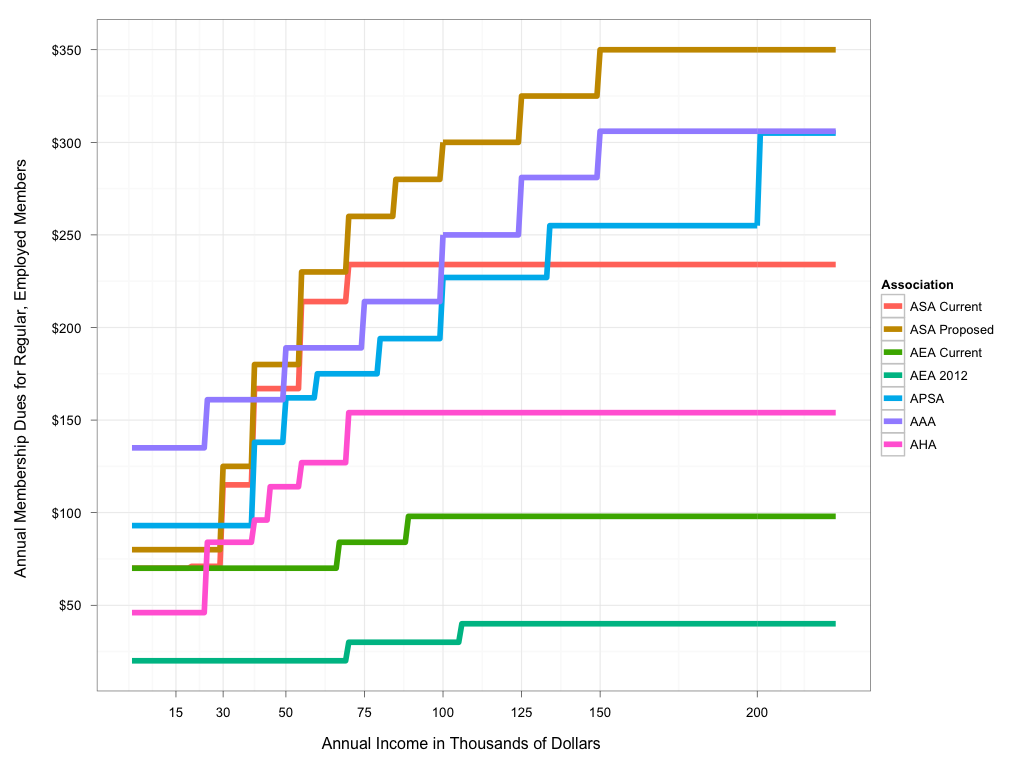No surprise there, we all knew that. The surprise is to read that headline over a piece by Fred Hiatt (last seen defending George Will’s right to his own facts) in the Washington Post. And the article is actually better than the headline.
Hiatt slams the Repubs not only on climate change and birtherism but on the illogical arithmetic (his words) in the Ryan plan, which all the “serious” pundits were swooning over only a few days ago.
And while he gives a nod to the false equivalence that is virtually mandatory in such pieces, saying “Democrats aren’t honest in these areas, either”, his examples point to Obama understating the need for higher taxes to extend beyond the very rich, and for more serious and costly action on climate change, and he concludes “To say that Republican irresponsibility makes it more difficult for Democrats to speak honestly is not an excuse. But it is a partial explanation”
And, at the end, he calls out the favored candidate of “serious” Republicans (At least, those who aren’t still still clinging to the hope that Romney will somehow become electable), Tim Pawlenty, in terms that would be strong even from one of WaPo’s house liberals, saying
Does Pawlenty believe what he says now? I’ve spoken with the former Minnesota governor. I know he is a smart man. As recently as 2008 he was supporting congressional action to limit greenhouse gas emissions. I do not believe that he believes those 998 scientists are wrong.
Which leads to another question: Should we feel better if a possible future president is not ignorant about the preeminent environmental danger facing our planet, but only calculating or cowardly?
To paraphrase Pawlenty, I don’t know the answer to that one.
I really don’t know what to make of this. Is it
(a) A temporary aberration, with normal service to be resumed shortly
(b) Hiatt breaking out of the Village for some personal reason
(c) The Post management realising that its rightwards trajectory was ultimately bound to be disastrous
(d) An indication that the rapid exposure of the Ryan plan as a fraud, coming on top of increasingly blatant delusionism on climate, and flirtations with birtherism, has crystallised a shift in the Wisdom of the Village, one that finally recognises the fact that the Repubs operate in a parallel universe, where reality is irrelevant.
I’m sure there is some more cynical explanation, probably correct, but until someone points it out, I’m going to hope for (d). A fact-based media-consensus, replacing “opinions on shape of earth differ” would, I think be disastrous for the Repubs. The base would still get their worldview from Fox, of course, but conservative independents would be exposed to the fact that the party they naturally prefer is too crazy to be trusted with political power.
And while I’m at it, I’d like my pony to be a palomino.

